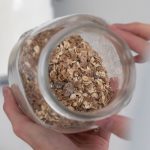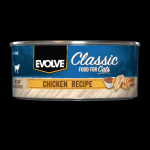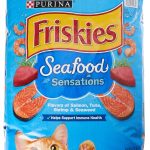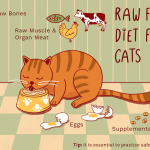The Powerful Impact Of Copper Sulfate In Cat Food: Unleash Your Feline’s Potential!
Copper Sulfate in Cat Food: Unveiling the Pros and Cons
Introduction
Hello Cats Lover,
3 Picture Gallery: The Powerful Impact Of Copper Sulfate In Cat Food: Unleash Your Feline’s Potential!

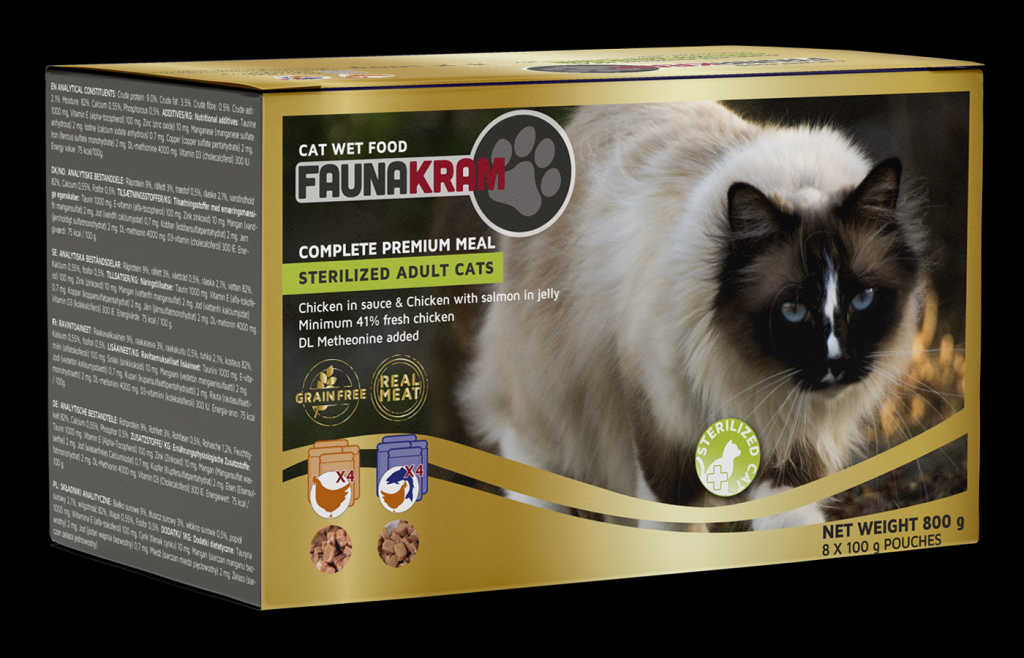
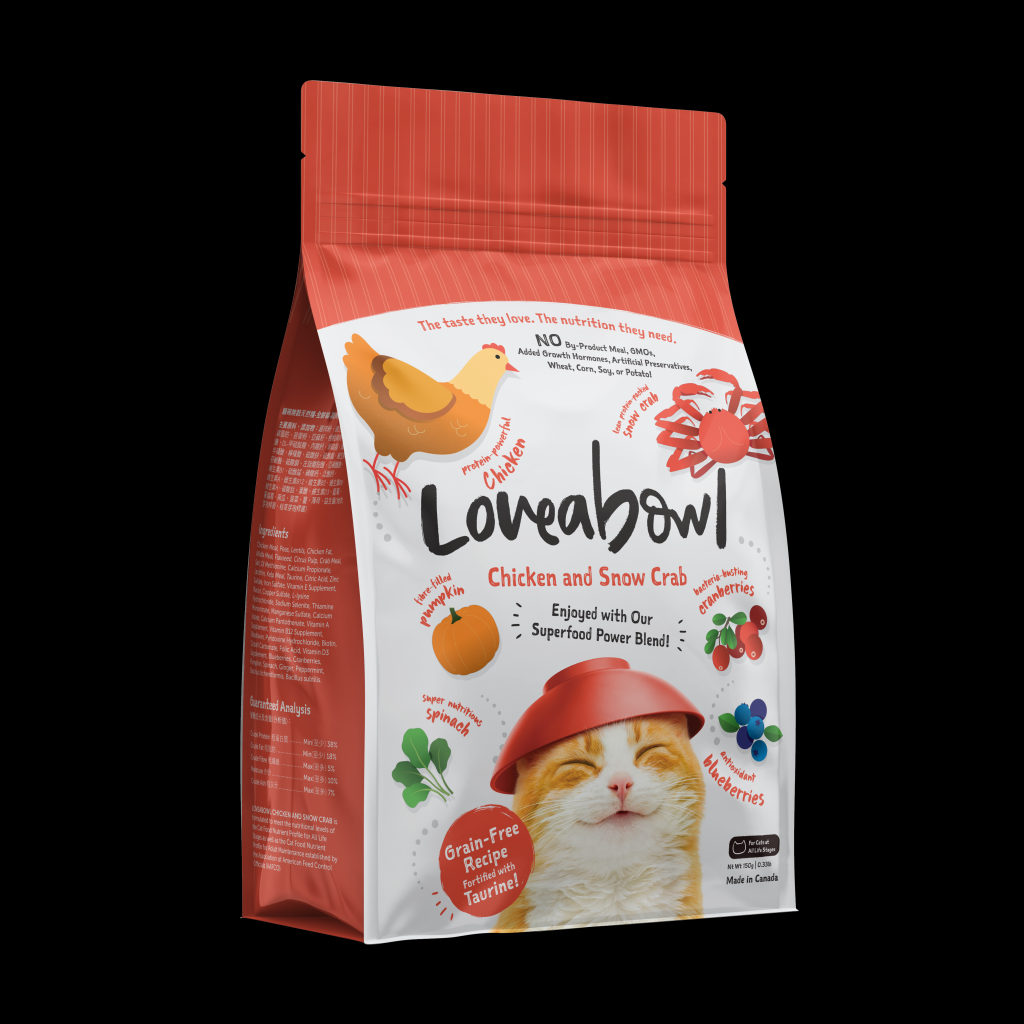
Welcome to our informative article about copper sulfate in cat food. As a responsible cat owner, it is crucial to understand the ingredients present in your feline friend’s diet. In this article, we will delve into the topic of copper sulfate in cat food, its benefits, drawbacks, and how it affects your cat’s overall health and well-being. So, let’s explore this important subject together!
The Basics: What is Copper Sulfate?

Image Source: safedogfood.com
🔍What is copper sulfate?
Copper sulfate is a chemical compound that contains copper and sulfur. It is commonly used in various industries, including agriculture, veterinary medicine, and even in cat food production.

Image Source: faunakram.com
📝How is it used in cat food?
Copper sulfate is added to cat food as a nutritional supplement. It provides essential copper, a vital mineral that supports various functions in a cat’s body, including the formation of red blood cells, energy metabolism, and connective tissue development.

Image Source: neko-neko.sg
💡Why is copper important for cats?
Copper plays a crucial role in the overall health and well-being of cats. It is involved in the production of melanin, a pigment responsible for skin, fur, and eye color. Additionally, copper is necessary for proper neurological development and the functioning of the immune system.
🌡️What is the recommended copper intake for cats?
The Association of American Feed Control Officials (AAFCO) recommends a minimum copper intake of 6.4 mg/kg of cat food on a dry matter basis. This ensures that cats receive adequate copper levels to support their physiological needs.
Who Should Be Concerned About Copper Sulfate in Cat Food?
🐱Is copper sulfate suitable for all cats?
While copper sulfate is generally considered safe for cats, certain groups may require special attention:
1. Kittens: Young kittens have specific dietary requirements and may need lower levels of copper compared to adult cats.
2. Cats with liver disease: Cats with liver issues may struggle with copper metabolism, and their copper levels need to be monitored carefully.
3. Breeds prone to copper-associated diseases: Some cat breeds, such as Bedlington Terriers, are more susceptible to copper-associated liver diseases. These cats may require copper-restricted diets.
When Should You Worry About Copper Sulfate in Cat Food?
⌛When can copper sulfate be harmful?
Excessive intake of copper sulfate can lead to copper toxicity, which can cause serious health problems in cats, including liver damage, gastrointestinal issues, and even death. It’s essential to ensure that your cat’s copper intake remains within the recommended levels.
Where Can You Find Copper Sulfate in Cat Food?
🔎Where is copper sulfate commonly found?
Copper sulfate can be found in various commercial cat food brands. It is often included in the ingredient list as a source of copper.
🛒How to identify copper sulfate in cat food?
When reading cat food labels, look for ingredients such as copper sulfate or copper proteinate. These indicate the presence of copper in the form of copper sulfate.
Why Is Copper Sulfate Used in Cat Food?
🔍What are the benefits of copper sulfate in cat food?
Copper sulfate offers several advantages for cats:
1. Essential nutrient: Copper is a vital mineral required for various physiological functions in cats.
2. Coat and skin health: Adequate copper levels contribute to healthy fur, skin pigmentation, and wound healing.
3. Immune system support: Copper helps maintain a robust immune system, protecting cats against infections and diseases.
4. Connective tissue integrity: Copper is necessary for the development and maintenance of healthy connective tissues, including bones, joints, and blood vessels.
How Does Copper Sulfate Affect Your Cat’s Health?
💡How can copper sulfate impact your cat’s health?
When consumed within the recommended limits, copper sulfate can be beneficial for cats. However, excessive copper intake or prolonged exposure to high copper levels can lead to health issues:
1. Copper toxicity: Overconsumption of copper sulfate can cause copper toxicity, leading to liver damage, gastrointestinal disturbances, anemia, and other serious health problems.
2. Zinc imbalance: High copper levels can interfere with zinc absorption, which is essential for cats’ growth, immune function, and reproductive health.
3. Oxidative stress: Excess copper can contribute to oxidative stress, potentially damaging cells and tissues in the body.
4. Copper-associated liver diseases: Certain cat breeds may be genetically predisposed to copper accumulation in the liver, leading to liver diseases that require specialized care.
Advantages and Disadvantages of Copper Sulfate in Cat Food
👍Advantages of copper sulfate:
1. Essential nutrient for cats’ overall health and well-being.
2. Supports coat and skin health.
3. Helps maintain a robust immune system.
4. Contributes to the development of healthy connective tissues.
👎Disadvantages of copper sulfate:
1. Potential for copper toxicity if consumed in excessive amounts.
2. Interferes with zinc absorption, leading to imbalances.
3. Can contribute to oxidative stress in the body.
4. Certain cat breeds may be susceptible to copper-associated liver diseases.
Frequently Asked Questions (FAQs)
1. Can I provide copper supplements to my cat?
No, it is not recommended to provide copper supplements to your cat without veterinary guidance. Copper supplementation should only be done under professional supervision to prevent excessive intake.
2. Are there any alternative sources of copper for cats?
Yes, other ingredients commonly found in cat food, such as organ meats, seafood, and legumes, also contain natural sources of copper.
3. Can cats be allergic to copper sulfate?
While rare, cats can develop allergies to copper sulfate. If you suspect an allergic reaction, consult your veterinarian for proper diagnosis and guidance.
4. How can I ensure my cat’s copper intake is balanced?
Regular veterinary check-ups, balanced diets, and following feeding guidelines provided by reputable cat food brands can help ensure your cat receives adequate and balanced copper intake.
5. Can I prepare homemade cat food with copper sulfate?
Homemade cat food recipes should only be prepared under veterinary supervision to ensure proper balance and prevent the risk of copper toxicity.
Conclusion
In conclusion, copper sulfate is an essential nutrient for cats when consumed within the recommended limits. It contributes to their overall health, coat, skin, immune system, and connective tissue development. However, it is crucial to monitor copper intake to prevent excessive levels that can lead to toxicity and health issues. As a responsible cat owner, always consult your veterinarian for guidance on providing a balanced diet that meets your cat’s specific needs.
Final Remarks
As cats are unique individuals, it’s important to remember that each cat’s dietary requirements may vary. The information provided in this article is intended for general knowledge and should not replace professional veterinary advice. Always consult your veterinarian for personalized guidance regarding your cat’s nutritional needs and any specific concerns related to copper sulfate or other ingredients in cat food.
This post topic: Cats
